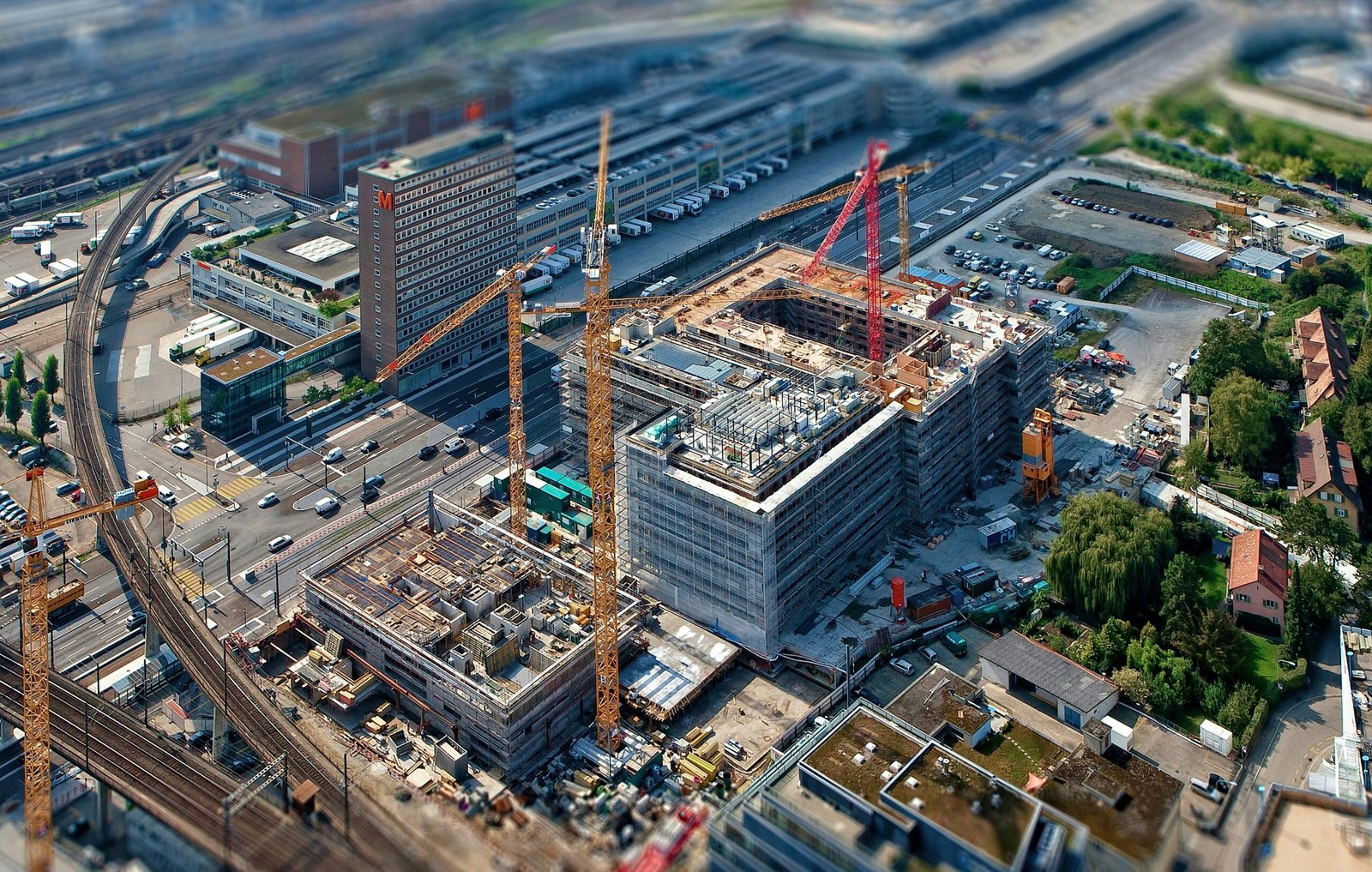
Ready Mix Concrete-Meaning
- Ready mix concrete, also known as RMC, is a type of concrete that is manufactured in a batching plant or a factory according to a set recipe, and then delivered to a work site by truck mounted transit mixers.
- It is a versatile and efficient construction material that is used in a wide range of applications, from residential buildings to commercial projects.
Ingredients of Ready Mix Concrete
RMC is made up of a few key ingredients:
- Cement: The binding agent that holds the other ingredients together.
- Aggregates: These include sand, gravel, crushed stone, and other materials that provide strength and stability to the concrete.
- Water: Essential for the chemical reaction that causes the concrete to harden.
- Admixtures: These are optional additives that can enhance the properties of the concrete, such as improving workability, reducing water content, or increasing strength.
The Process of Manufacturing Ready Mix Concrete
- Batching: The raw materials are carefully measured and combined in the correct proportions according to the desired concrete mix design.
- Mixing: The ingredients are mixed together in a concrete mixer until a uniform consistency is achieved.
- Transportation: The mixed concrete is then transported to the construction site using specialized trucks with rotating drums, known as transit mixers.
- Placement: The concrete is poured or pumped into the desired location at the construction site, where it is then allowed to harden and cure.
Methods:
- Slab-on-Grade: This method involves pouring the concrete directly onto the ground to create a flat surface, commonly used for foundations, driveways, and sidewalks.
- Reinforced Concrete: Steel bars or mesh are added to the concrete to increase its strength and durability, making it suitable for structural elements such as beams, columns, and walls.
- Pre-cast Concrete: Concrete elements are cast in a controlled environment and then transported to the construction site for installation. This method is often used for pre-fabricated walls, stairs, and other components.
- Shotcrete: Also known as sprayed concrete, this method involves projecting the concrete onto a surface at high velocity, making it ideal for applications such as tunnels, swimming pools, and slope stabilization.
Advance Technology:
The ready mix concrete industry has seen significant advancements in technology in recent years, leading to improved quality, efficiency, and sustainability:
- Automated Batching Systems: Computer-controlled batching systems ensure accurate and consistent measurement of ingredients, reducing human error and improving the quality of the concrete.
- High-Performance Concrete: New formulations and additives have been developed to create concrete with enhanced strength, durability, and resistance to various environmental conditions.
- Self-Compacting Concrete: This type of concrete is designed to flow and fill the formwork under its own weight, eliminating the need for vibration and reducing labor requirements.
- Fiber-Reinforced Concrete: Fibers, such as steel or synthetic materials, are added to the concrete mix to improve its tensile strength and resistance to cracking.
- Green Concrete: Sustainable practices, such as using recycled aggregates and reducing the carbon footprint of production, are being incorporated into the manufacturing of ready mix concrete.
Advantages of RMC:
Ready-mixed concrete (RMC) offers several advantages over traditional site-mixed concrete. Here are some of the key benefits:
Improved Quality and Consistency: RMC plants use precise measuring and controlled environments to ensure consistent mix ratios and high-quality concrete. This translates to stronger and more durable structures.
Increased Efficiency and Speed: RMC eliminates the need for on-site mixing, saving time and labor costs. Deliveries can be scheduled to meet construction needs, keeping projects on track.
Reduced Waste: RMC is produced in exact quantities, minimizing leftover materials and reducing disposal costs.
Material Versatility: RMC suppliers can provide a variety of concrete mixes to meet specific project requirements, from strength and workability to special finishes.
Environmental Benefits: RMC production facilities can better manage dust emissions compared to on-site mixing. Additionally, less material waste reduces environmental impact.
Cost-Effectiveness: While the upfront cost per cubic meter of RMC might be slightly higher, the overall project cost can be lower due to saved labor, equipment rental, and material wastage.
Overall, ready mix concrete offers a convenient and reliable solution for construction projects of all sizes. With advances in technology and the continuous improvement of manufacturing processes, it is expected to remain a popular choice for builders and contractors in the years to come.